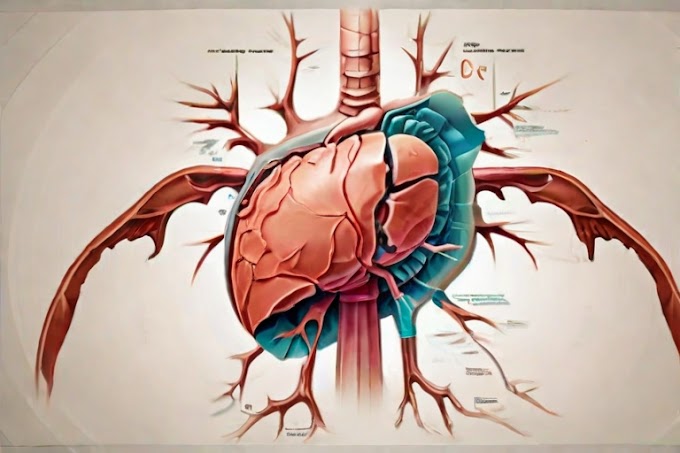
Introduction
In a world where physical health often takes the spotlight, it's crucial to shed light on mental health issues, with depression being a significant concern. Understanding and addressing depression is not just an individual responsibility but a societal one. Let's delve into the nuances of depression, exploring its causes, impact, and ways to cope.
Understanding Depression
Depression is not a one-size-fits-all term. It encompasses various types, each with distinct characteristics. From major depressive disorder to seasonal affective disorder, the symptoms may vary, but the underlying theme remains a persistent feeling of sadness, hopelessness, or a lack of interest in life.
Causes of Depression
Unraveling the roots of depression involves navigating through a complex interplay of biological, environmental, and genetic factors. Understanding these causes is pivotal in developing effective strategies for prevention and treatment.
Impact on Daily Life
Depression doesn't merely affect one's emotional state. Its tendrils extend to professional and personal spheres, impacting productivity, relationships, and overall quality of life. Acknowledging these effects is the first step toward finding holistic solutions.
Diagnosis and Seeking Help
Recognizing the signs of depression is vital, but seeking professional help is equally crucial. Unfortunately, societal stigma often acts as a barrier to seeking assistance. It's essential to break down these barriers, fostering an environment where seeking help is not a sign of weakness but an act of strength.
Treatment Options
Various treatment modalities exist, ranging from traditional therapy sessions to medication. Understanding the role of each and tailoring a treatment plan to an individual's needs is paramount for success.
Coping Strategies
Managing depression involves more than professional help. Building a robust support system, incorporating stress management techniques, and adopting healthy lifestyle changes play pivotal roles in coping with this mental health challenge.
Preventing Depression
Prevention is not always possible, but recognizing early signs and implementing self-care strategies can mitigate the severity of depressive episodes. Proactive measures can contribute to maintaining a balanced mental state.
Depression and Physical Health
The mind and body are interconnected. Exploring the symbiotic relationship between mental and physical health highlights the importance of a comprehensive approach to well-being.
Impact of Social Media on Depression
The advent of social media has brought both positive and negative changes to society. Examining the role of social comparison and its effects on mental health provides insights into mitigating the negative impacts.
Depression in Different Age Groups
Depression manifests differently across age groups. Adolescents grapple with unique challenges, as do the elderly. Tailoring approaches to address these specific needs is imperative.
Cultural Perspectives on Depression
Cultural nuances significantly influence how depression is perceived and addressed. Cultural sensitivity in mental health treatment ensures that interventions are respectful and effective.
Breaking the Stigma
Initiating open conversations about mental health and implementing educational programs are pivotal in breaking down the stigma associated with depression. Awareness fosters understanding and empathy.
Supporting Loved Ones with Depression
Effective communication and empathy are essential when supporting someone with depression. Understanding their perspective and providing a safe space for expression can make a significant difference in their journey.
Conclusion
In conclusion, addressing depression requires a multifaceted approach. From understanding its causes to implementing preventive measures and supporting those affected, a collective effort is needed. Let's continue to break the silence surrounding mental health and work towards creating a society that prioritizes well-being.
FAQs
Is depression curable?
- Depression is a treatable condition, and many individuals successfully manage it with a combination of therapy, medication, and lifestyle changes.
How can I help a friend or family member with depression?
- Offering support, encouraging them to seek professional help, and being a compassionate listener are essential ways to assist loved ones with depression.
Are there natural remedies for depression?
- While lifestyle changes like exercise and a healthy diet can positively impact mental health, it's crucial to consult with a healthcare professional for comprehensive treatment.
Can depression be prevented?
- While prevention may not always be possible, recognizing early signs, practicing self-care, and maintaining a strong support system can contribute to mental well-being.
What role does genetics play in depression?
- There is evidence of a genetic predisposition to depression, but it is not the sole determining factor. Environmental and lifestyle factors also play significant roles.





